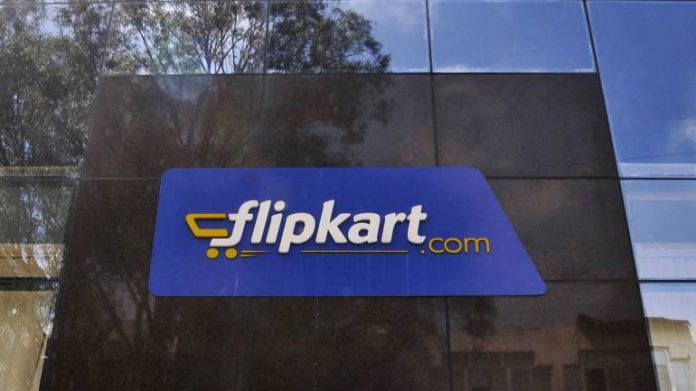The biggest strength Flipkart has, according to Bansal, is that “we have a deep understanding of Indian consumer behaviour and the market,” based on aggregate e-commerce data from the past 10 years
Artificial Intelligence is not just a buzzword in technology circles, but a living reality today. And Flipkart’s co-founder Sachin Bansal says the ecommerce unicorn of India is best placed to make a trailblazing headway in that direction.
“We have many complex and interesting problems to solve using AI and that is very unique to Flipkart. But then again, e-commerce is still less than 2% of India’s retail. While the opportunity is huge, so is the scale of problems that must be solved to expand the e-commerce pie,” Bansal said in a series of Q&A tweets, as Flipkart unveiled its AI For India programme.
The biggest strength Flipkart has, according to Bansal, is that “we have a deep understanding of Indian consumer behaviour and the market,” based on aggregate e-commerce data from the past 10 years.
Flipkart had indicated at an earlier date that the company will now focus on Artificial Intelligence to create innovative products. Bansal, who led Flipkart’s Billion brand launch is now spearheading the company’s move to invest in AI-related technologies. According to Bansal, Flipkart is all set to pump in millions in developing AI-based solutions for promoting technology into ecommerce business and also to enhance customer experience.
“The company is investing in cloud and technology infrastructure to build scalable computing capabilities in e-commerce, so we’re positioned very well to tackle problems head on. Ultimately, I believe data, talent and infrastructure are critical factors to be successful in AI — and Flipkart has all three in abundance,” Bansal said.
Flipkart is also excited about using Machine Learning-based discovery and recommendation systems, which can basically act as guides in the whole e-shopping process. “E.g. If someone wants to buy ‘Action’ shoes but only searches for ‘shoes’, ML models should serve up products that he/she is probable to like. #AIForIndia,” Bansal tweeted.
Use of such a technology is also expected to help in cost reduction or (semi) automation of business processes and operations.
Although Artificial Intelligence is already being used to make a big impact on e-commerce just like any other sector, the overall use of technology is very low in Indian retail and ecommerce at this moment. This low penetration presents a scope for innovation and expansion for new disruptive technology such as AI and ML.
However, according to Bansal, we need indigenous development of AI-based solutions. “Huge population, diverse cultures, and geographies make it necessary for us to have our own solutions for pretty much every problem,” he says.
“We believe the same reasoning applies to AI,” Bansal added. He indicated that several functions within Flipkart, including customer support, warehousing, mobile app experience, search or recommendations will be impacted by AI. “In fact, I believe even areas like marketing, planning and cataloging will be impacted. So, there are two takeaways really: A one-size-fits-all solution won’t work in India, and the end-use of AI will be different here than elsewhere,” Bansal said.
Flipkart is also working on image recognition, speech recognition, text recognition, and personalization, search, and recommendations using AI and ML.
“Then, we are doing some interesting work around product discovery, intent modelling, and ensuring our products are bought by genuine buyers and not resellers. Towards that end, we are working on an ML model for classification of a transaction as fraudulent or not. Leveraging AI in the delivery side, such as optimising last-mile connect is another focus area for us,” he said.




